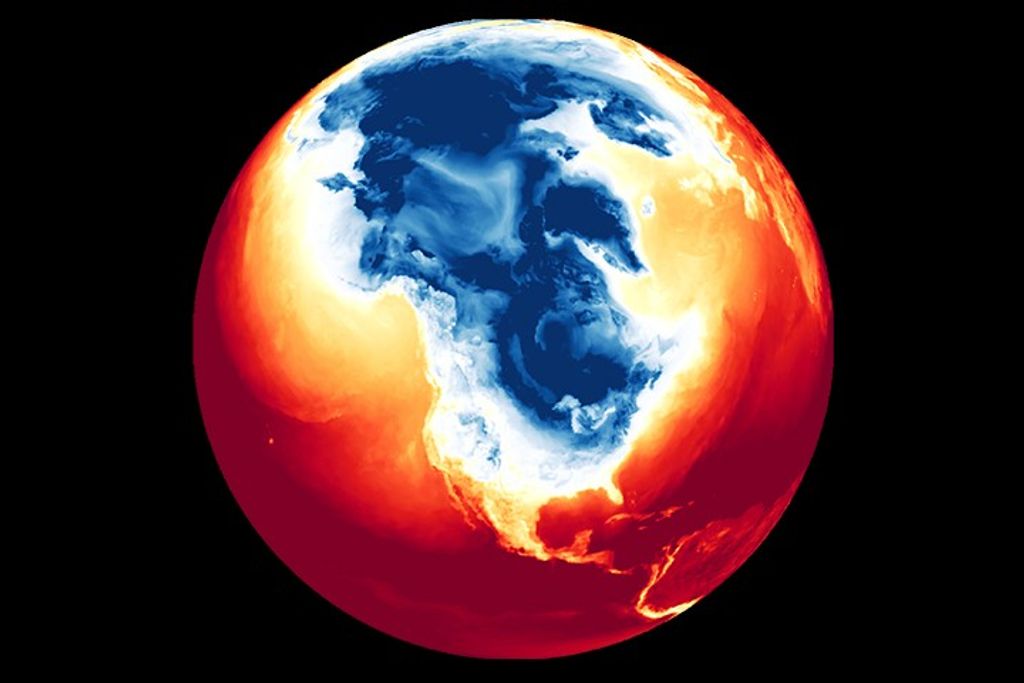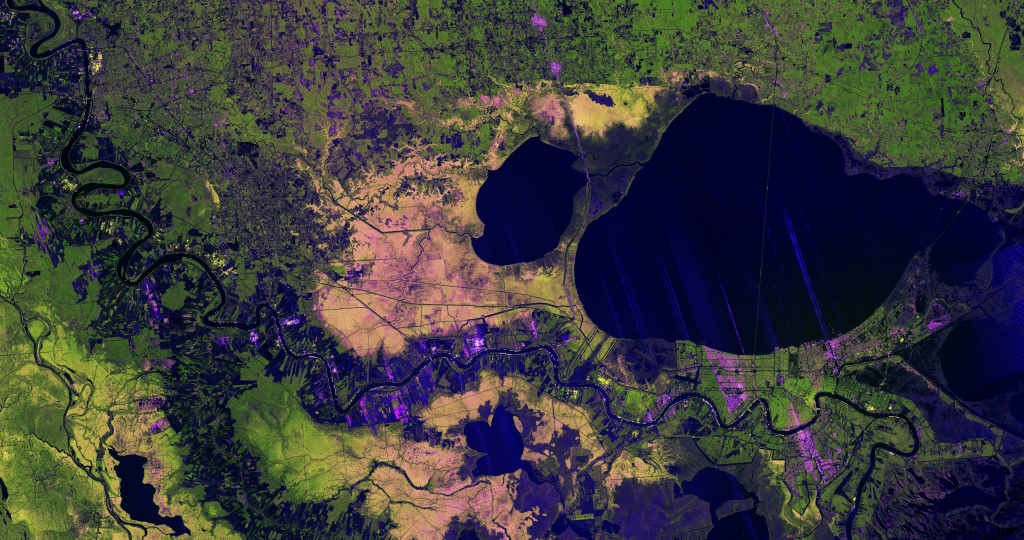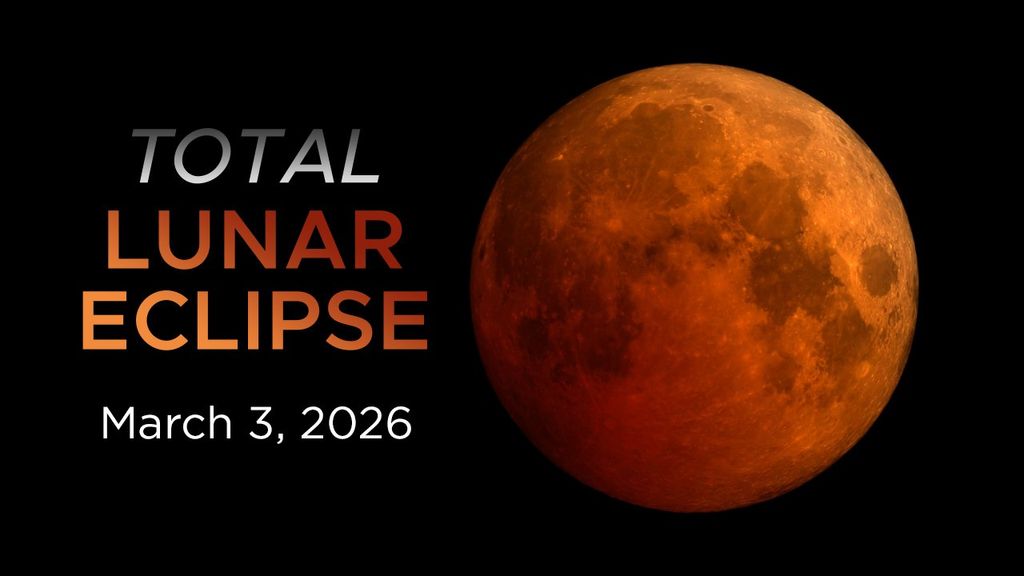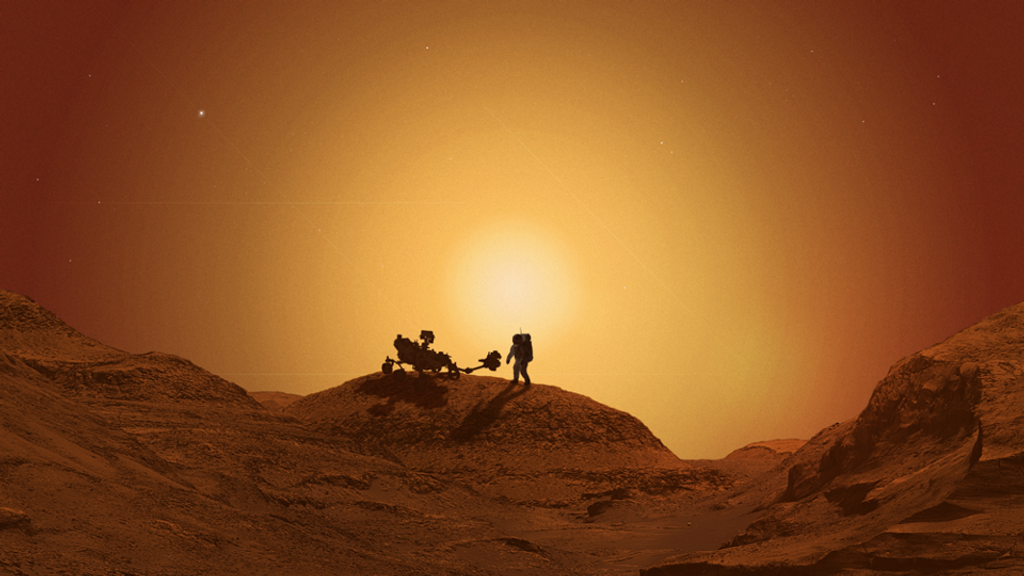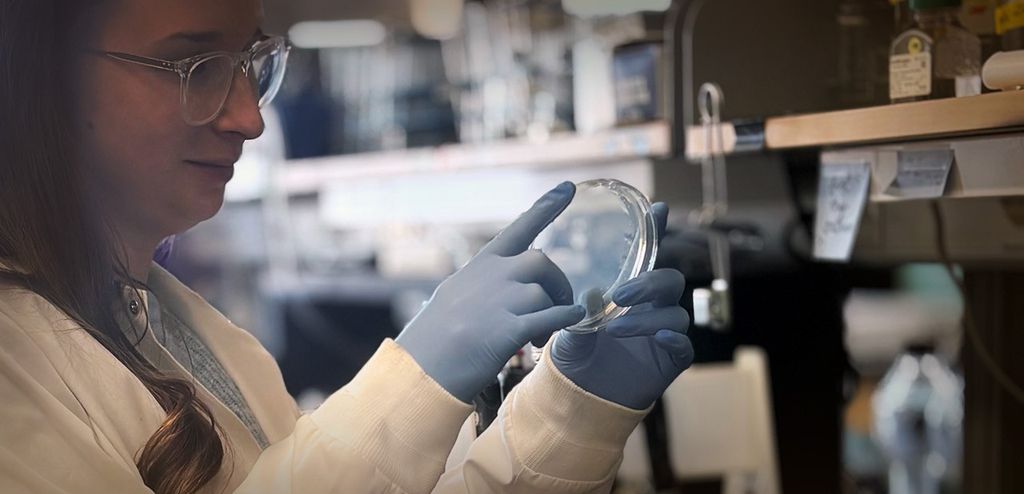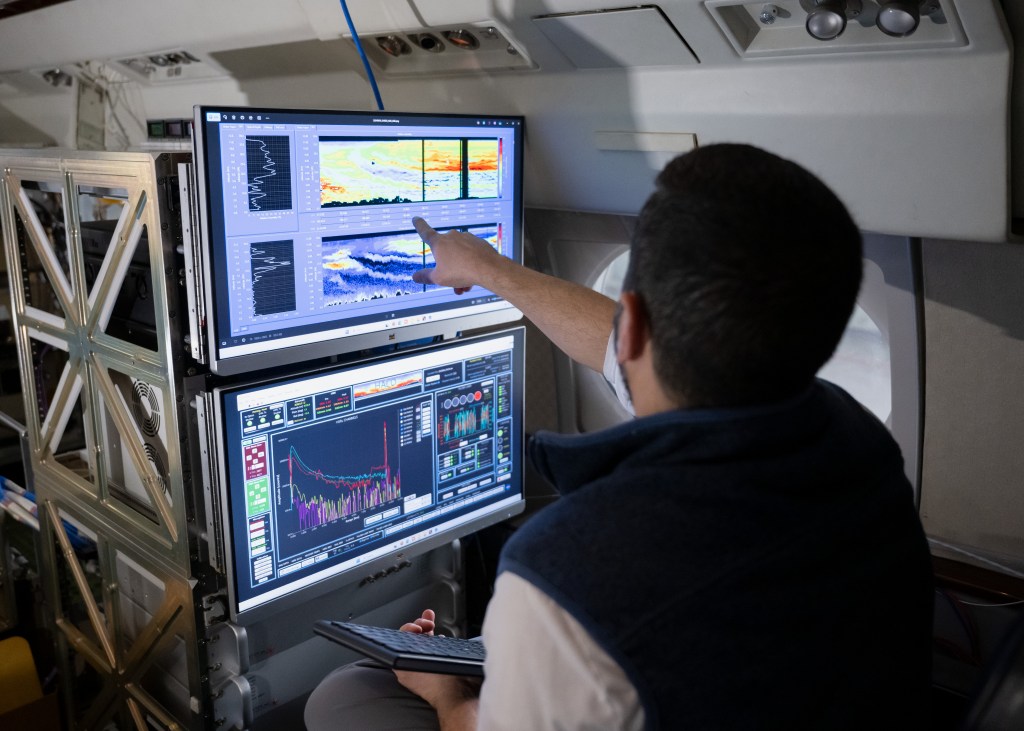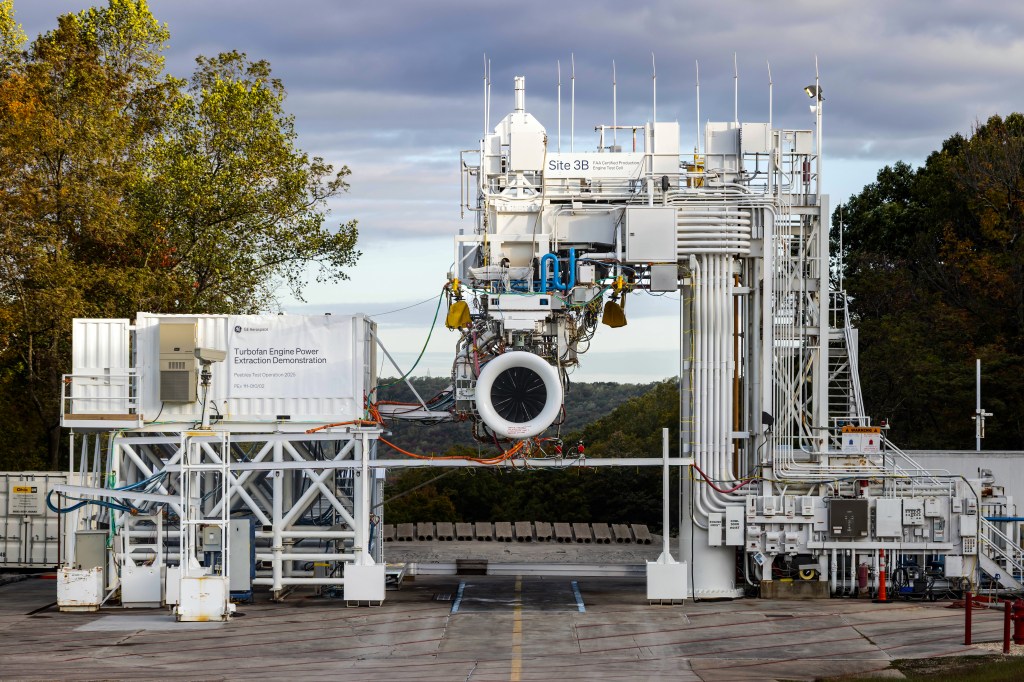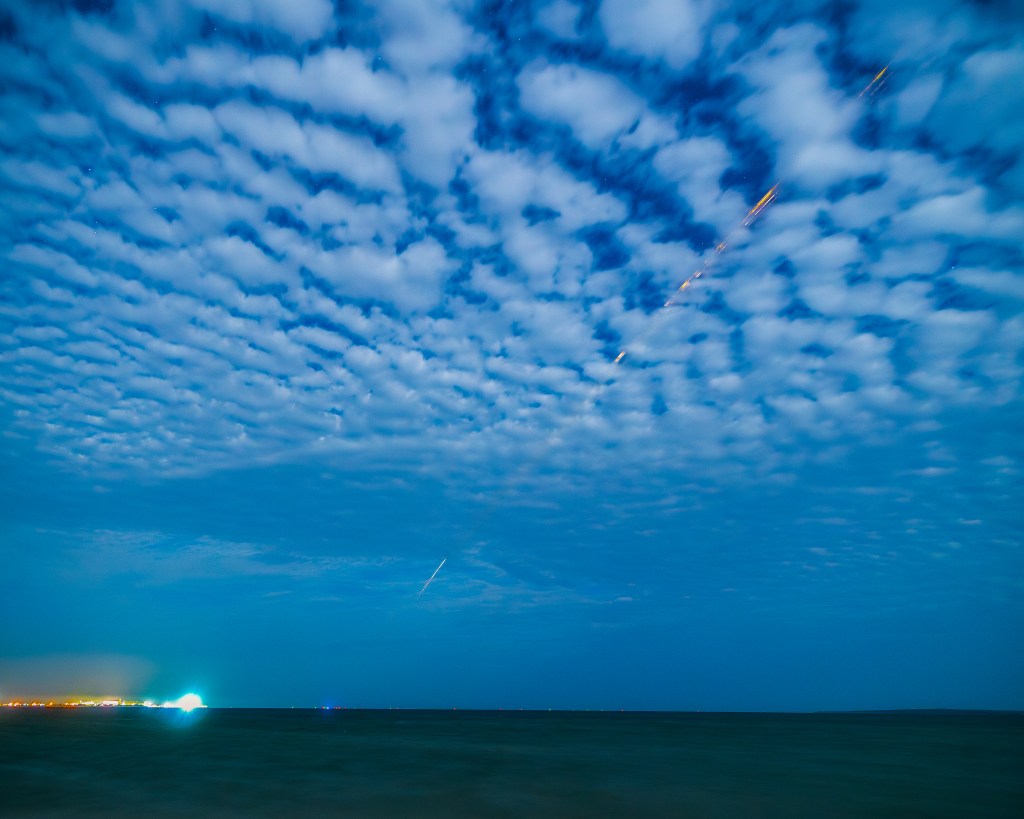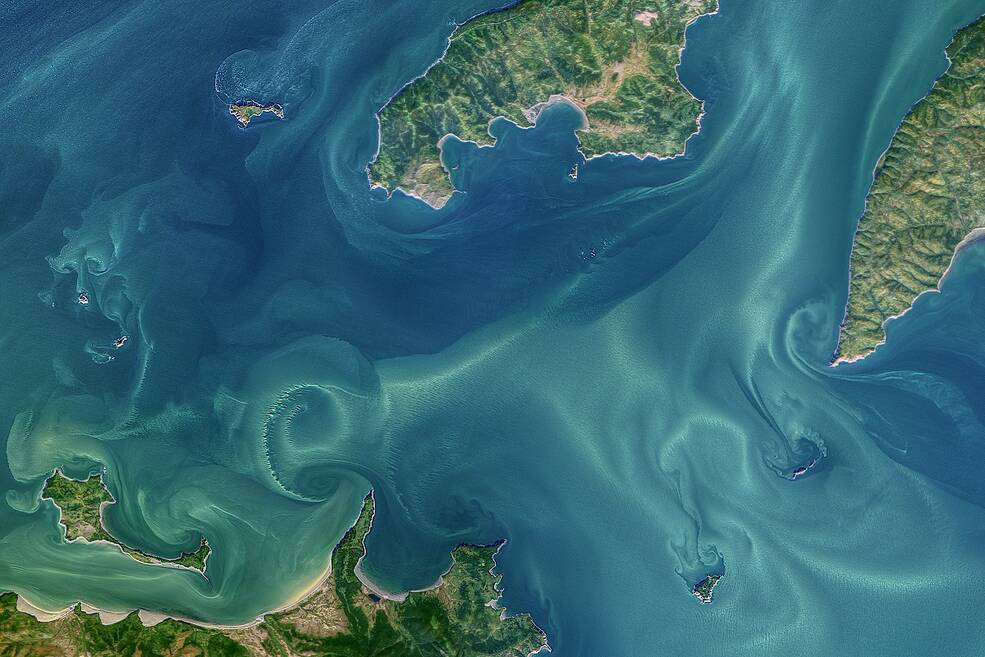As NASA works to make data and research more meaningful and accessible to diverse public and scientific audiences, the agency’s Transform to Open Science (TOPS) program is supporting open science efforts and programs across a variety of scientific disciplines, including climate science and physical oceanography. By leveraging open science principles, NASA encourages and empowers scientists to address critical issues such as melting polar sea ice, rising sea levels, and the overall health of marine ecosystems.
The goal of open science is to make NASA research and data more collaborative, accessible, inclusive, and transparent for everyone from the scientist and student to the city manager and citizen. As part of the Open Source Science Initiative, the TOPS team is committed to providing space for everyone in the scientific community to learn about the variety of open science tools and data available, as well as the importance of open science itself.
Here are a few ways that NASA and TOPS are working to further our understanding of the ocean:
Estimating the Circulation and Climate of the Ocean
Among the communities that have embraced open science is a NASA-funded consortium called Estimating the Circulation and Climate of the Ocean (ECCO). For more than 20 years, ECCO has been producing models of ocean variables such as sea surface height, sea surface temperature, global mean sea level, sea ice concentration, and ocean bottom pressure.
“My graduate education within the ECCO community included exposure to a culture that strongly embraced the open science philosophy even before that term was widely used,” said Ian Fenty, current ECCO lead and an ocean scientist at NASA’s Jet Propulsion Laboratory in Southern California. “Over the years, I’ve struggled with accessing, understanding, and using different data products, and I don’t want the community to struggle with ECCO.”
“Currently, global data on the physical state of the ocean are available for people to study,” said IchiroFukumori, a current ECCO team member and scientist at JPL. “We also make the source code available for people to analyze the calculations or take a different approach.”
The ECCO team is actively working to make the program even more accessible by hosting all model configurations on an ECCO GitHub page, while also including step-by-step instructions for reproducing full model simulations and for understanding the numerous variables. Additionally, the ECCO team has created a series of online lessons called the ECCO V4 Python tutorials which provide extensive, fully reproducible examples on how to download datasets, make simple plots, and perform simple calculations. Those lessons also introduce students to basic concepts in physical oceanography and demonstrate how those concepts play out in the ocean variables ECCO uses.
By putting such a strong emphasis on accessible open science, the ECCO team is hoping to expand the user base beyond scientists with modeling experience, and to facilitate new research that grows our understanding of our oceans.
OceanHackWeek
Another effort to expand oceanic open science is OceanHackWeek, an annual event funded in part by NASA’s Open Source Science Initiative. Scientists apply to participate in lectures, hands-on demonstrations of tools, and topic-based projects established by the instructors.
“One of the primary goals is to provide participants with an understanding of what tools are out there and when it makes sense to use them,” said Paige Martin, a climate scientist who served on OceanHackWeekcommittees before joining the TOPS team in 2022. “With a combination of hands-on tutorials and projects, it’s a deep dive into specific tools that are used in the ocean community.”
Martin describes it as a grassroots event that attracts passionate scientists from around the world. “Participants learn a lot about computing, about their science topic, about working as a team, and about using GitHub,” she added. “Then they present their work and processes in front of the group.”
Open Science 101 Curriculum
To help foster open science participation, NASA is developing Open Science 101, a curriculum designed to equip participants with the tools, principles, and skills necessary to engage in open and inclusive scientific practices. For more information about the release of OS101, and to stay up-to-date on NASA’s TOPS project, sign up for the listserv here.
Jonathan Deal
NASA’s Marshall Space Flight Center
jonathan.e.deal@nasa.gov
256-544-0034


